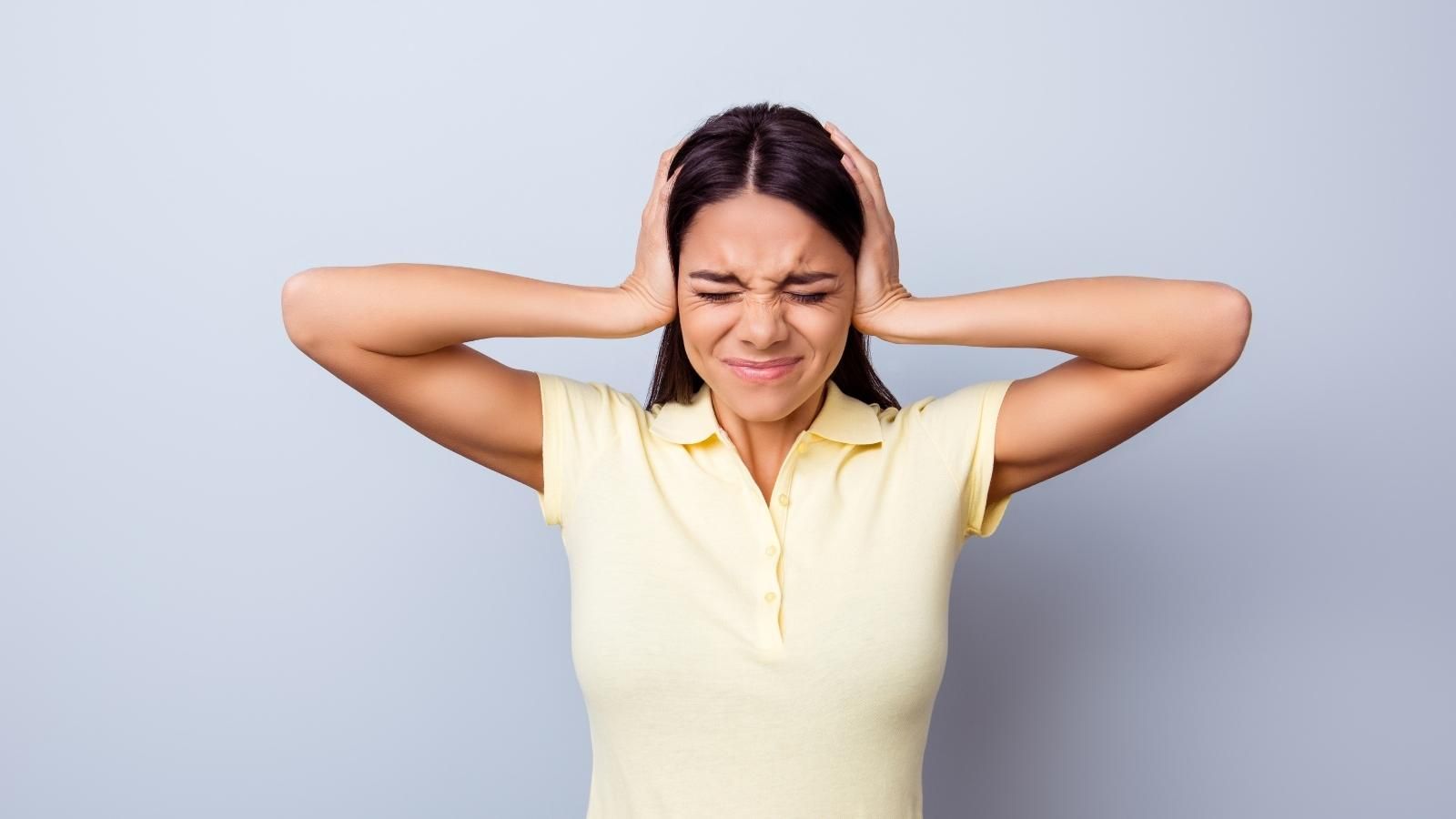Is it possible to understand what exactly constitutes a bad spending habit?
We live in a culture that normalizes, or sometimes celebrates, consumption. We consume goods and services at an extreme rate every day. Modern life, as it is created, makes us consume.
But where's the line between enjoying the fruits of your labor and engaging in genuinely bad spending habits?
It's a critical question, because understanding what constitutes problematic spending is the first step toward regaining control of your finances. Sometimes, we are afraid that taking control of our finances simultaneously is going to deprive us of the joy of life. However, it’s not about that; it's about making conscious choices that align with your long-term financial well-being.
It’s also important to mention that bad spending habits aren’t always synonymous with extravagant purchases. Bad spending habits can be subtle, insidious, and easily disguised as "treating yourself" or "just a little something." The cumulative effect, however, can be devastating to your financial health—and wealth. If you don’t know if you are a lousy spender, then check the following most common habits, which usually show that you need to reconsider them.
Impulse Buying

This is the classic bad spending habit that sabotages your financial well-being. According to a survey conducted by OnePoll, one-third of the people who participated in a survey revealed that the majority of their shopping is impulse purchases. If we could dare a definition, an impulse purchase could be defined as an unplanned decision to buy something—a decision made just before the actual purchase. It's that sudden urge to grab an item, often driven by emotions or immediate gratification, rather than careful consideration or need. It's that irresistible urge to buy something you didn't plan on, often triggered by a sale, a clever advertisement, or simply boredom. Impulse buys are rarely things we need; they're mainly driven by emotion rather than logic. That shiny new gadget, the "limited-edition" item that is all over your social media, the "perfectly" timed discount –these are all traps waiting to ensnare the impulsive spender.
Emotional Spending
This is a particularly dangerous habit, as it links spending to emotional states. Feeling stressed, sad, or even exhausted? A little retail therapy can seem like the perfect antidote. Emotional spending is the state in which we spend money in moments of high emotion without taking the time to think about it and weigh up if it's a good idea or not. We basically use shopping as a way to manage our negative emotions. For instance, after a particularly stressful day at work, you might find yourself online shopping for new clothes or gadgets, even though you don't really need them. However, the problem is that the temporary high of buying something new quickly fades, leaving you with the original problem or hype and an empty wallet. This cycle can become addictive, creating a vicious loop of emotional spending and financial strain.
Overspending on "Treats"
Occasional treats are important for maintaining a balanced life and finding motivation to move forward. However, the line between an occasional treat and a regular indulgence can become blurred. Treats can be that daily latte you need to function properly in the morning, the frequent takeout meals, the expensive restaurants, or the costly ingredients that are far more than your budget can afford. In general, this constant stream of small purchases, which may seem insignificant, but can dangerously add up to a significant drain on your finances. And the problem is not the “treat” per se or depriving yourself of those little joys of life. It’s mainly about being mindful of how often you're "treating" yourself and whether it aligns with your budget.
Keeping Up with the Joneses

Another bad spending habit that can seriously harm your financial —and mental health which has been more than prevalent in the era of social media and influencers. This is the age-old trap of trying to emulate the lifestyle of others. Social media has amplified this tendency; we are bombarded by successful, wealthy people who show up with ridiculously expensive clothes, accessories, and gadgets, showcasing a curated version of reality where everyone appears to be living a glamorous and affluent life. So, this pressure to keep up can lead to overspending on things you don't need, simply to project an image of success or status. However, what nobody tells you is that social media don’t show the real life of those people. Influencers and celebrities show you what they want you to see. Not the reality or the whole story, and your constant effort to keep up with them sends your salary down the drain.
Ignoring Your Budget (or Not Having One)
A budget is the cornerstone of responsible financial management. Without a budget, you're essentially navigating your finances blindfolded. That means that you have no clear picture of where your money is going, making it easy to overspend without realizing it. Ignoring your budget, or worse, not having one at all, is a recipe for financial disaster. A budget is a guideline you need to achieve your financial goals because without clear financial goals, it's easy to drift aimlessly and fall into bad spending habits. Budget and financial goal setting are the ones that will help you prioritize your spending and give you the motivation you need to stop your bad spending habits.
Using Credit Cards as a Crutch
According to statistics, the vast majority of American adults have at least one credit card. You'll often see figures around 80-85% of adults holding a credit card. Credit cards, when used responsibly, can be useful tools, and apart from the fact that they can help you maintain a good credit score, they can be a lifeline when you are out of budget and have a sudden expense.

However, as much as they can be practical, they can also be a dangerous trap if you don’t have good spending habits. The ability to "buy now, pay later" can mask the actual cost of purchases, leading to a build-up of debt. The ease of using a credit card can make it tempting to spend more than you can afford. It's easy to lose track of how much you've charged, especially with multiple cards. Relying on credit cards to fund a lifestyle you can't afford is a surefire way to get into financial trouble and is considered a poor spending habit.
Failing to Plan for Irregular Expenses
Life is good, and we are grateful for all the nice things that come our way, but, sometimes, life throws curveballs. You wake up, ready to get in the shower, and you realize that the pipes are clogged, or when driving to work, your car breaks down. These unexpected car repairs, medical bills, or home maintenance costs can put a strain on your finances if you haven't planned for them. Failing to have a budget that allows you to save money for these irregular expenses can lead to panicked spending and, therefore, reliance on credit cards, leading to poorer financial decisions.
 THE WORKING GAL
THE WORKING GAL





